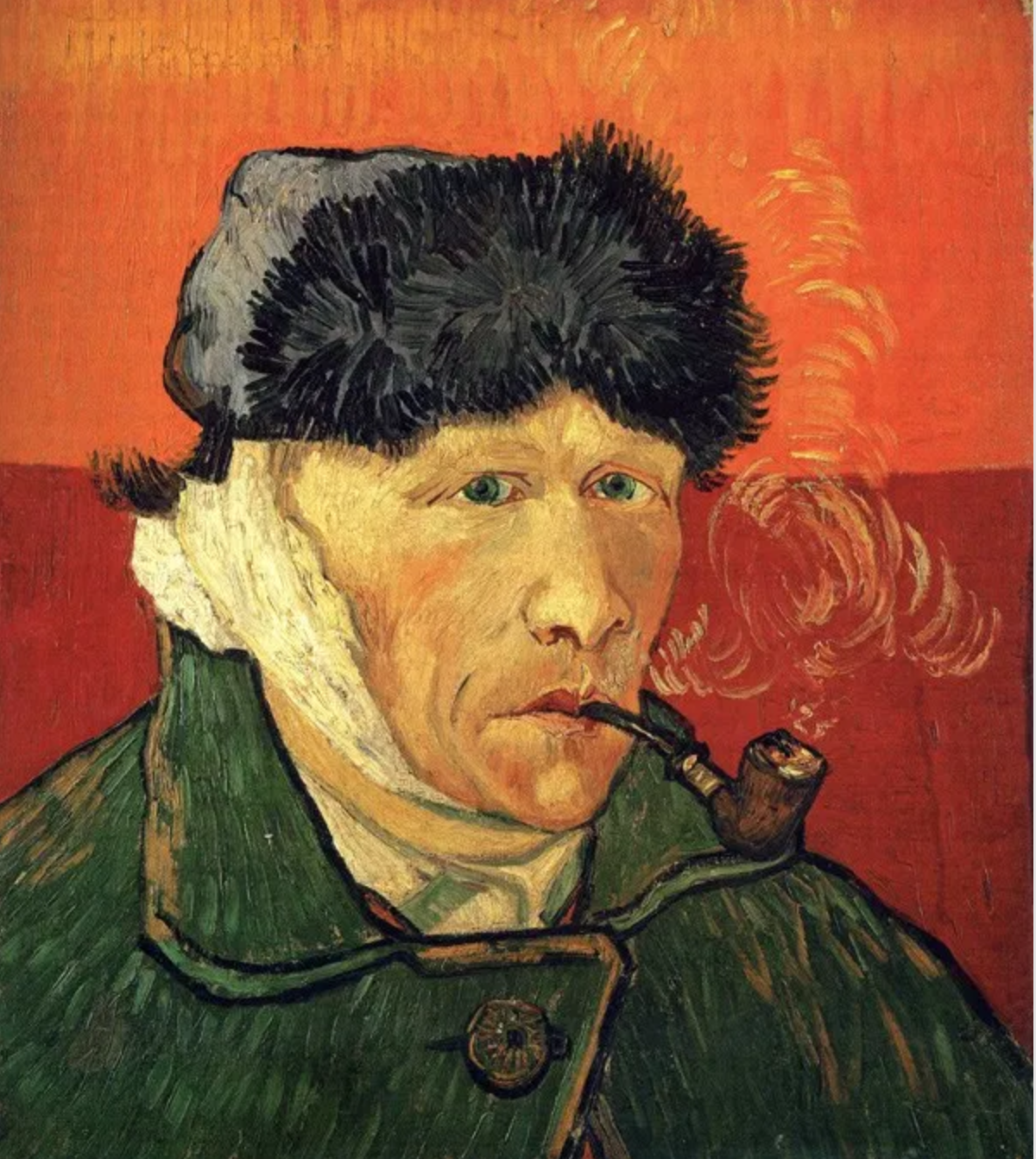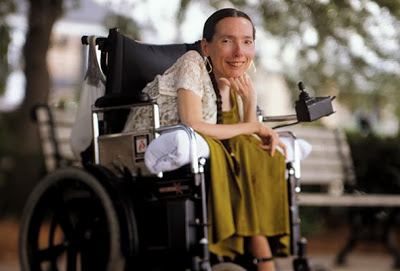
Dear Reader
This issue of the Disability Digest highlights blues guitarist Jeff Healey, lawyer Harriet McBryde Johnson, writer and political activist Alice Wong, and Black Beauty author Anna Sewell. What a more just, caring and beautiful world they have helped create.
I have exciting news. Beginning with the next issue two organizations dear to my heart, Plan Institute and PLAN, will take over distribution of the Disability Digest. This significantly expands the readership and fulfills one of my goals. There may be slight changes to the look of the Digest. Other than that I expect the transition to be seamless. Contact me if you’d like to distribute the Digest directly to your readers.
Thanks – Al
This week in history ...

On March 25 jazz and blues-rock singer guitarist and songwriter Jeff Healey was born (1966). Healey became blind when he was a year old due to a rare form of cancer. He taught himself to play the guitar at age 4 laying the instrument on his lap and playing it in much the same way as a pianist plays the keyboard. He was “discovered” in a Toronto club in 1982 by Texas blues guitarist, the late Stevie Ray Vaughan.
His hits include Angel Eyes and Hideaway which was nominated for a Grammy. His album See the Light reached platinum status in the United States. Healey also played the trumpet and clarinet in his own traditional jazz band, the Jazz Wizards. He collected as many as 30,000 old-time jazz records which he played as the host of an hour-long radio show on the Canadian Broadcasting Corporation.
In January 2007, Guitar Player magazine wrote, “Jeff Healey may be the only cat around who can play the prewar jazz of Louis Armstrong on the trumpet, and the heavy electric blues-rock of ZZ Top on the guitar.” Healey died in 2008. He was inducted into Canada’s Walk of Fame in 2014.

On March 25, 2002 the legendary debate between civil rights lawyer Harriet McBryde Johnson and Australian philosopher Peter Singer was held at Princeton University. Singer believes parents should have the option of killing their disabled babies at birth. Johnson opened the debate by saying, “ I was the child whose life you wanted to end.” She added, “the peculiar drama of my life has placed me in a world that by and large thinks it would be better if people like me did not exist.”
Johnson described Singer’s philosophy of extreme individualism as the product of an impatient, technologically obsessed age. In response to Singer’s assertion that disability made a person worse off Johnson replied: “Are we ‘worse off’ ? I don’t think so. Not in any meaningful sense … We take constraints that no one would choose and build rich and satisfying lives within them. We enjoy pleasures other people enjoy, and pleasures peculiarly our own.”
Johnson’s account of her debate with Singer was published in the The New York Times magazine under the title, Unspeakable Conversations. “The presence or absence of a disability doesn’t predict quality of life” she wrote. “I used to try to explain that in fact I enjoy my life, that it’s a great sensual pleasure to zoom by power chair on these delicious muggy streets, and that I have no more reason to kill myself than most people. But it gets tedious. God didn’t put me on this street to provide disability awareness training to the likes of them. In fact, no god put anyone anywhere for any reason, if you want to know.”
Johnson died in her home in June 2008. Her memoir is called Too Late to Die Young.

On March 27th Alice Wong, disabled activist, media maker, consultant and self-described proud Asian American nerd was born (1974). Wong has a master’s in medical sociology and works as an independent research consultant to support her true mission – spreading the stories and work of disabled people to the wider public. “Disability history and culture isn’t recognized or documented in our society, and yet we’re everywhere. You just have to notice,” she said. Wong became an accidental activist because she lives in a non-disabled world, “and surviving in it is a full-time activist occupation.”
She is the founder and director of the Disability Visibility Project ,which collects oral histories of people with disabilities. She helped create #CripTheVote, a nonpartisan online movement encouraging the political participation of people with disabilities. A science fiction enthusiast, Wong contributed the essay From Rabbit Holes to Wormholes: KidLit Memories, to Uncanny Magazine’s Disabled People Destroy Science Fiction issue. The issue provides an opportunity for the imaginations of people with disabilities “to run wild within the parameters of an endless sky.”
One of her latest projects is a campaign called Access Is Love, with Mia Mingus and Sandy Ho. Their aim is to build a world where accessibility is understood as an act of love and a collective responsibility, not the responsibility of a few individuals. “Almost every group can improve the way they include disabled people in their movements,” Wong wrote. She believes, “Everyone has the capacity to participate in big and small ways to make a difference.” She also believes “The revolution will be accessible and centred on diverse bodyminds.”

On March 30th Anna Sewell the author of Black Beauty was born (1820). At the age of fourteen she had an accident which left her unable to walk without assistance. She relied on horses to get around which fostered her respect for them and opened her eyes to their inhumane treatment. Sewell wrote Black Beauty to “induce kindness, sympathy, and an understanding treatment of horses.”
Published in 1877, her book contains detailed passages on how to care for horses. It was largely thanks to Black Beauty that England passed laws abolishing the mistreatment of horses, particularly the bearing rein. Black Beauty was Anna Sewell’s only book. She wrote it in the last few years of her life when she was in her 50’s, confined to bed and in declining health, the lingering effects of her childhood injury. She died 5 months after the book was published without any sense that it would sell 50 million copies and become the sixth best seller in the English language. She was paid twenty pounds for her story.
Did you know?
March 26th is Purple Day, an international grassroots effort dedicated to increasing awareness about epilepsy worldwide. It was started by Nova Scotian Cassidy Megan in 2008. Megan has epilepsy. She wanted to get people talking about epilepsy in an effort to dispel myths and inform those with seizures that they are not alone. Today Purple Day is celebrated in more than 85 countries. Participants are encouraged to wear purple and host events in support of epilepsy awareness.
Epilepsy is one of the world’s oldest recognized conditions, with written records dating back to 4000 BC. According to the World Health organization fifty million people worldwide have epilepsy.
Some famous people who have had epilepsy include the Roman Emperor Julius Caesar, the artist Vincent Van Gogh and rock star Neil Young.
Subscribe
Receive the digest in your inbox.
